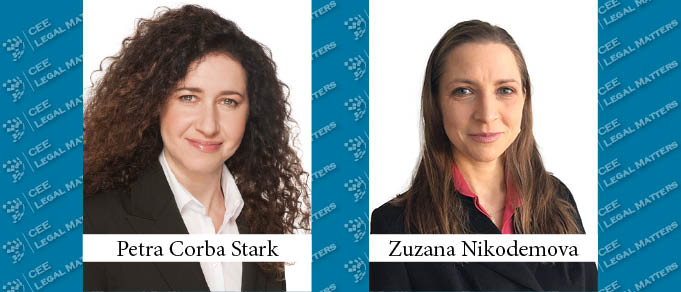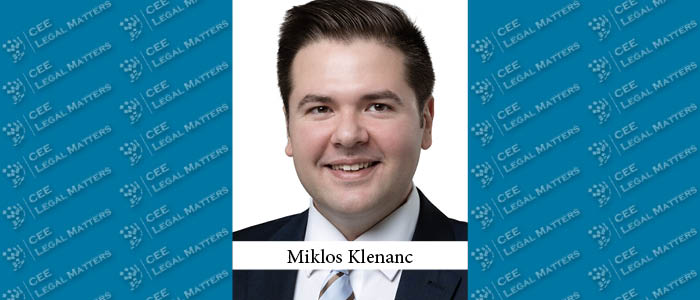On June 9, 2021, the Slovak Supreme Court finally ended its long-running proceedings against Slovak Telekom (ST). The case involved a more than EUR 17 million fine against ST for the abuse of a dominant position and resulted in an important decision regarding the application of the ne bis in idem principle in Slovak law.
Two key issues regarding the ne bis in idem principle, also known as the prohibition of double jeopardy, concerned whether the powers of the Slovak competition authority (NCA) and the Slovak telecommunications regulator (TR) overlapped, and the parallel proceedings by the NCA and the European Commission (EC).
Background
In 2005, the NCA began proceedings against ST for the abuse of a dominant position (margin squeezing) on the Slovak telecommunications market for telephone and low-speed internet access services. This was followed by a first-instance decision against ST, in 2007, and by a second-instance decision, in 2009. The NCA’s decision was then challenged in court in two instances, with the ne bis in idem principle being especially relevant.
In parallel, in 2008, the EC became involved and in January 2009 carried out a dawn raid on ST’s Bratislava premises. Three months later, the EC officially initiated proceedings against ST and in 2015 ruled that ST had abused its dominant position. The EC’s decision was unsuccessfully challenged.
The First Ne Bis in Idem Issue: Which Authority Takes Precedent?
In the first test regarding ne bis in idem, the Slovak Supreme Court concluded that the abuse of a dominant position was regulated by the Slovak competition act. Ultimately, this court decided that only the NCA was authorized to proceed in competition matters and that this power could not be taken from it. As a specialized regulator, the TR could not have precedence in this area of law. Furthermore, it was also irrelevant if the TR agreed on price regulation with ST, as the practice of margin squeezing was not part of this.
The Second Ne Bis in Idem Issue: Were There Parallel Proceedings?
On the second ne bis in idem issue, the Court of Justice of the European Union (CJEU) was asked to review the preliminary ruling. It concluded that all national competition authorities were relieved of their power to apply Articles 101 and 102 of the TFEU if the proceedings initiated by the EC related to alleged competition infringements identical to those in proceedings brought by the national authority, i.e. the same practices, product, geographical markets, and period of time. Furthermore, the ne bis in idem principle also applied to infringements of competition law. However, it did not apply if proceedings were brought against (or sanctions were imposed on) an undertaking separately and independently by a national authority and the EC for infringements of Article 102 of the TFEU relating to separate product markets or separate geographical markets.
In the light of the CJEU ruling, the Slovak Supreme Court ruled that the EC’s decision concerned margin squeezes in wholesale access to unbundled local loops and other broadband access services and their corresponding retail services in Slovakia, whereas the proceedings brought by the NCA concerned abuses of a dominant position on the wholesale and retail markets for telephone services and low-speed internet access services, which are different product markets. Therefore, the ne bis in idem principle did not apply because the sub-condition of idem, i.e. the identity of facts, was not satisfied, and therefore the NCA had not been relieved of its power to apply Article 102 of the TFEU.
Final Observations
The decision, together with the CJEU ruling, clarifies the correct application of the ne bis in idem principle in parallel competition proceedings and the division of power between national regulators. This case shows that the NCA has precedence over sector-specific regulators and that cases concerning different markets cannot be considered similar. Therefore, national authorities retain their power to apply EU competition rules even if the EC starts its own proceedings.
This aspect underlines the importance of the definition of the (product) market to establish whether a national authority is relieved of its competencies to apply Article 101 or Article 102 of the TFEU.
By Petra Corba Stark, Partner, and Zuzana Nikodemova, Senior Associate, CMS
This Article was originally published in Issue 8.9 of the CEE Legal Matters Magazine. If you would like to receive a hard copy of the magazine, you can subscribe here.





























